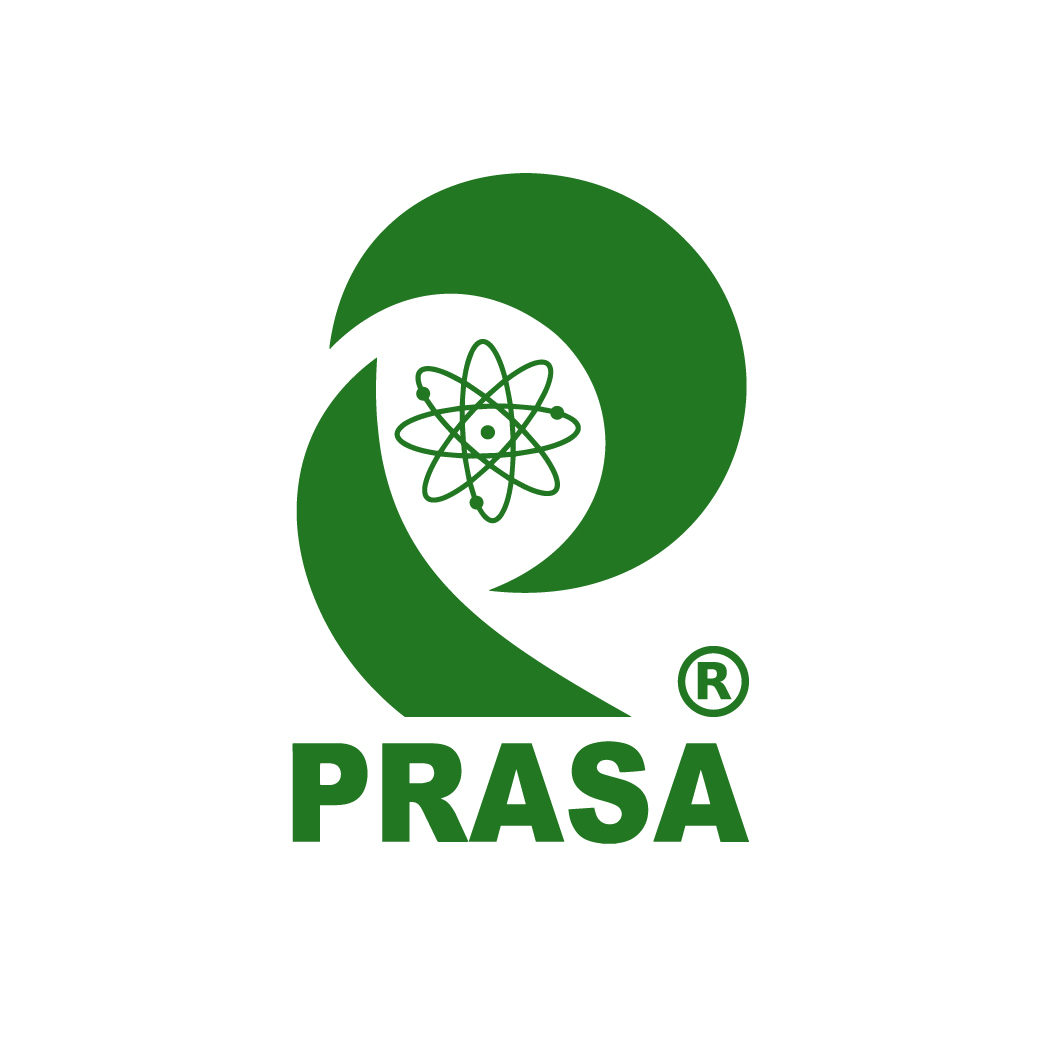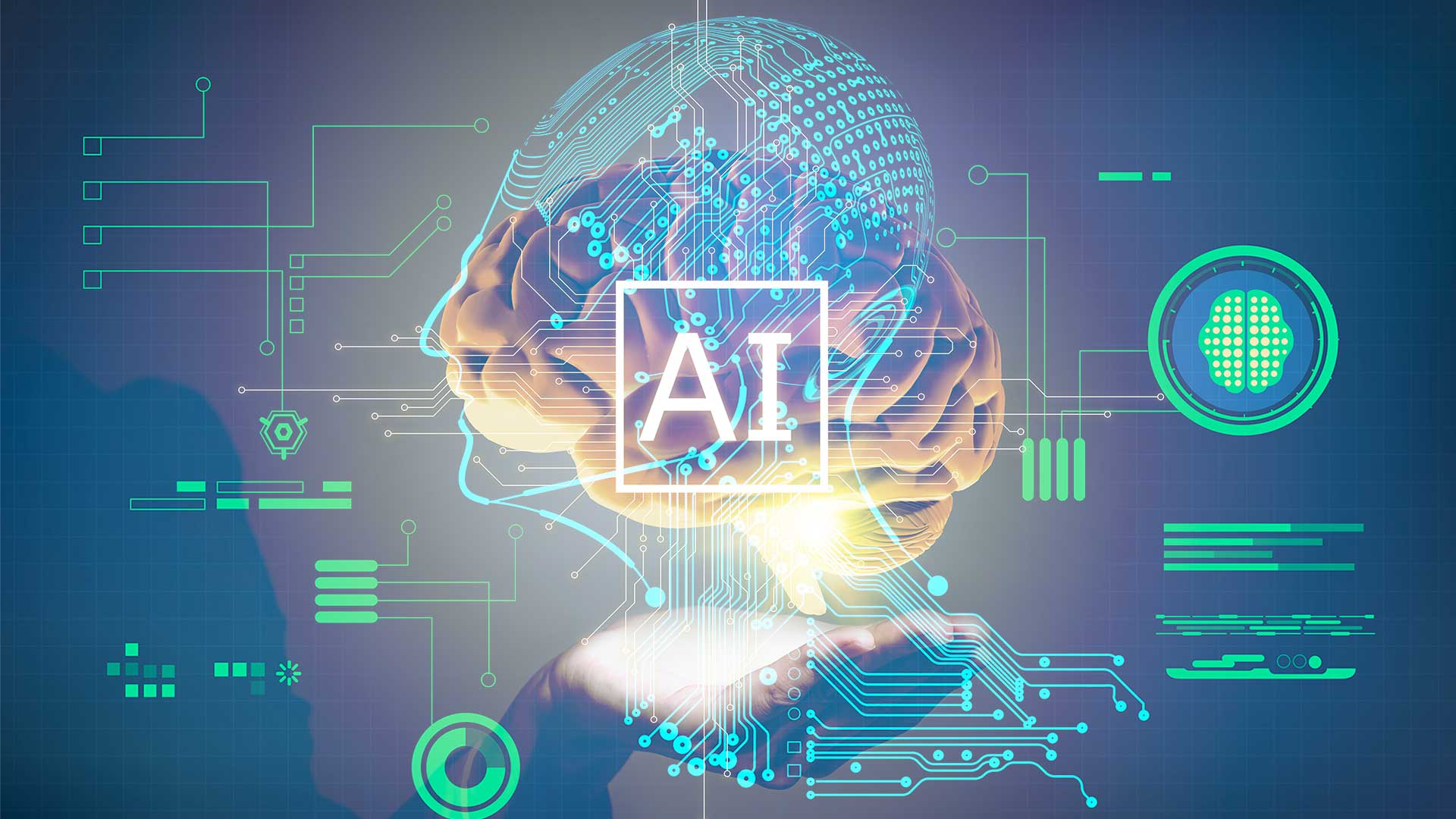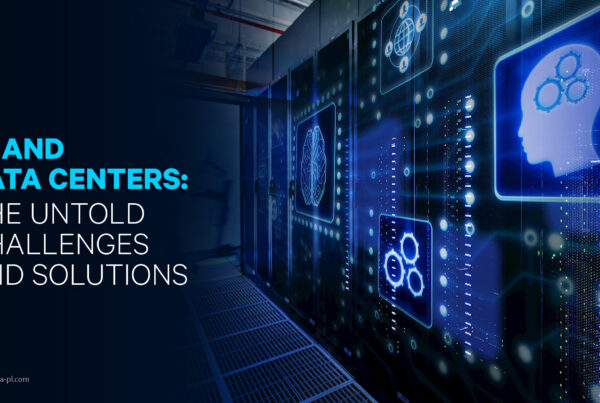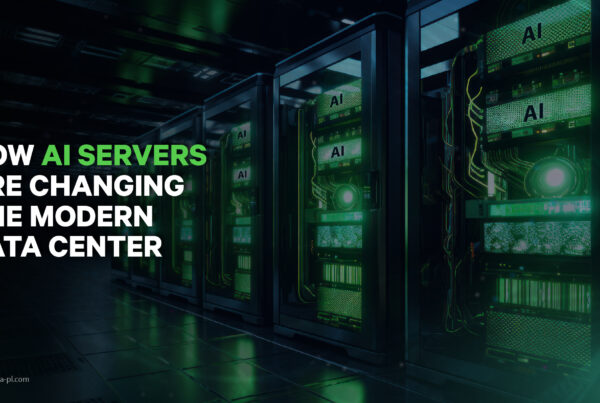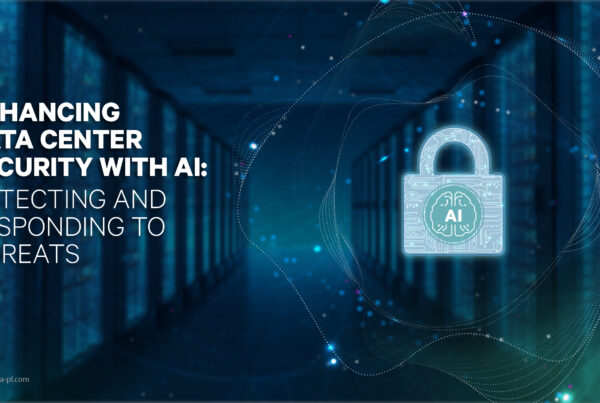Prasa has started a series of blog posts to examine the role of technology and data centers and how they are helping us in dealing with the pandemic. Previously we discussed the past of data centers with the evolution of data centers and cooling technology in them, the present with the role of data centers in the fight against the pandemic. and how IoT devices are helping contain the virus. Today we integrate our discussion with the future and discuss how AI will curb any future outbreaks.
The outbreak of coronavirus has taken the world by storm, creating a huge stir across the social and economic landscape around the world. It has been detected in most countries rendering them to take multiple steps to stop the spread and treat the infected. As countries like the USA and Italy witness a rising death toll, China is in the process of recovery from the Wuhan-origin virus by reporting no new cases.
So how is China way ahead in the recovery process while other nations struggle to contain the spread? The answer is – Artificial intelligence and other disruptive technologies. All countries on the recovery track are using AI, machine learning, big data, 5G, and mechanisms like robotics to fight against COVID-19. Apart from recovery AI-based medical technicians from around the world have emerged at the forefront with innovations to combat the pandemic and find a cure.
The current dependence on AI has made one thing very clear, it will certainly play a huge role in predicting any outbreaks and also minimizing or stalling its spread in the future. Let’s see how.
Detection and Knowledge Building
AI systems are still in developing stages right now, but during this crises, various countries have used it to study travel data to predict and mitigate the spread of the virus, analyze big data from widespread data sets generated from IoT devices in real-time, quickly analyze the symptoms and course of treatment based on data from previously affected countries, etc. As AI systems become well established in the near future they will be able to warn the governments about a possible outbreak before it reaches dangerous levels. AI algorithms can scan through a large stack of news and online content to recognize anomalies indicating a potential epidemic and prompt steps to control it in its initial stages. A report by National Geographic also demonstrates that monitoring the internet or social media can prove helpful in detecting early stages of an outbreak, which can be promptly done by AI. Researches have also shown that successful implementation of predictive modeling might be a leap forward in the fight to rid the world of some of the most infectious diseases.
AI and big data will also allow scientists to study and interpret large data sets to understand how these diseases spread with the use of modern genome sequencing methods. A better understanding of these phenomenons will not just empower us as a community, but help us be equipped to respond to such challenges rapidly.
Medical Care and Cure
Healthcare professionals have emerged as the real heroes around the globe working tirelessly towards treating patients infected with coronavirus, often putting themselves at risk. Automated systems in hospitals are being used to track data, create patient documentation, allowing professionals to provide telehealth facilities. With better accessibility, AI could play a crucial role in reducing this risk, without hampering the quality of care being provided. AI, machine learning, and big data are going to be pivotal in analyzing and treating global pandemics going ahead.
Researchers around the world are using big data, AI, supercomputers backed with world-class data centers to find a cure and a vaccine. The technology helps them effectively analyze the data to help the world by figuring out the best preparation to overcome the current pandemic and curate a response strategy for any future pandemics. Better integration and earlier intervention of AI would make the research for any cure much more sophisticated and quick.

